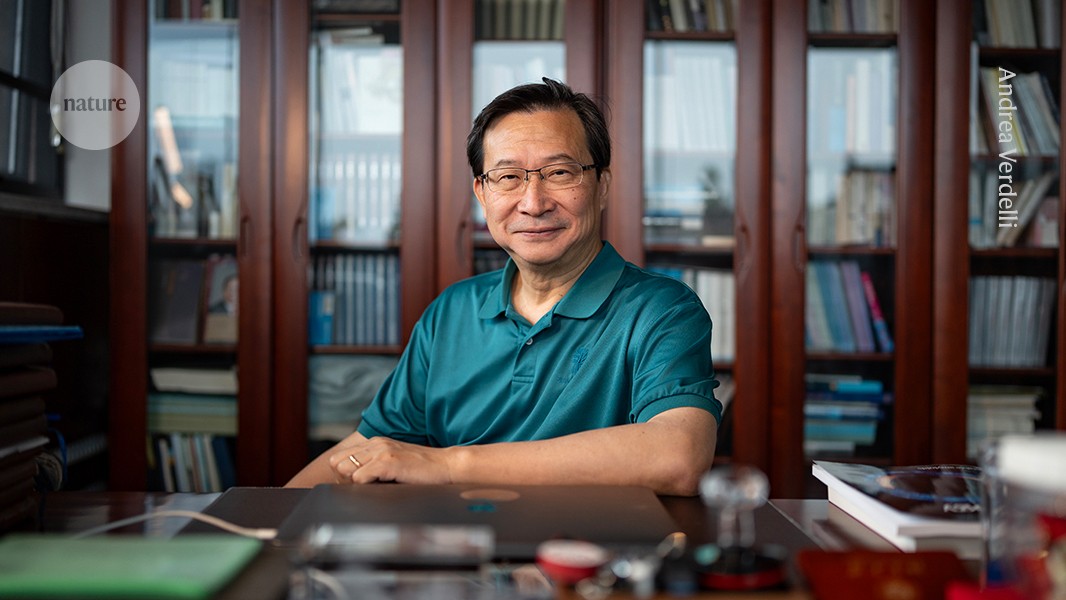
""In mathematics, physics and chemistry, Chinese funding has caught up with that of the United States. But the number of biomedical scientists supported by research funding in China is lower than in the United States.""
""China will remain behind the United States as long as it does not have an NIH equivalent. If the administration of US President Donald Trump keeps cutting funds for the NIH, China will catch up or surpass the United States soon.""
Rao Yi, a prominent figure in China's scientific reform, focuses on enhancing the country's life sciences by introducing practices like tenure and peer review. With a rich career that began in the U.S., he has become a key leader at Peking University, especially in brain research. Rao highlights the funding disparities between China and the U.S., which affect the number of medical researchers. He believes without a U.S.-equivalent body, China cannot reach its full potential in life sciences, although it currently excels in plant biology due to substantial funding levels.
Read at Nature
Unable to calculate read time
Collection
[
|
...
]